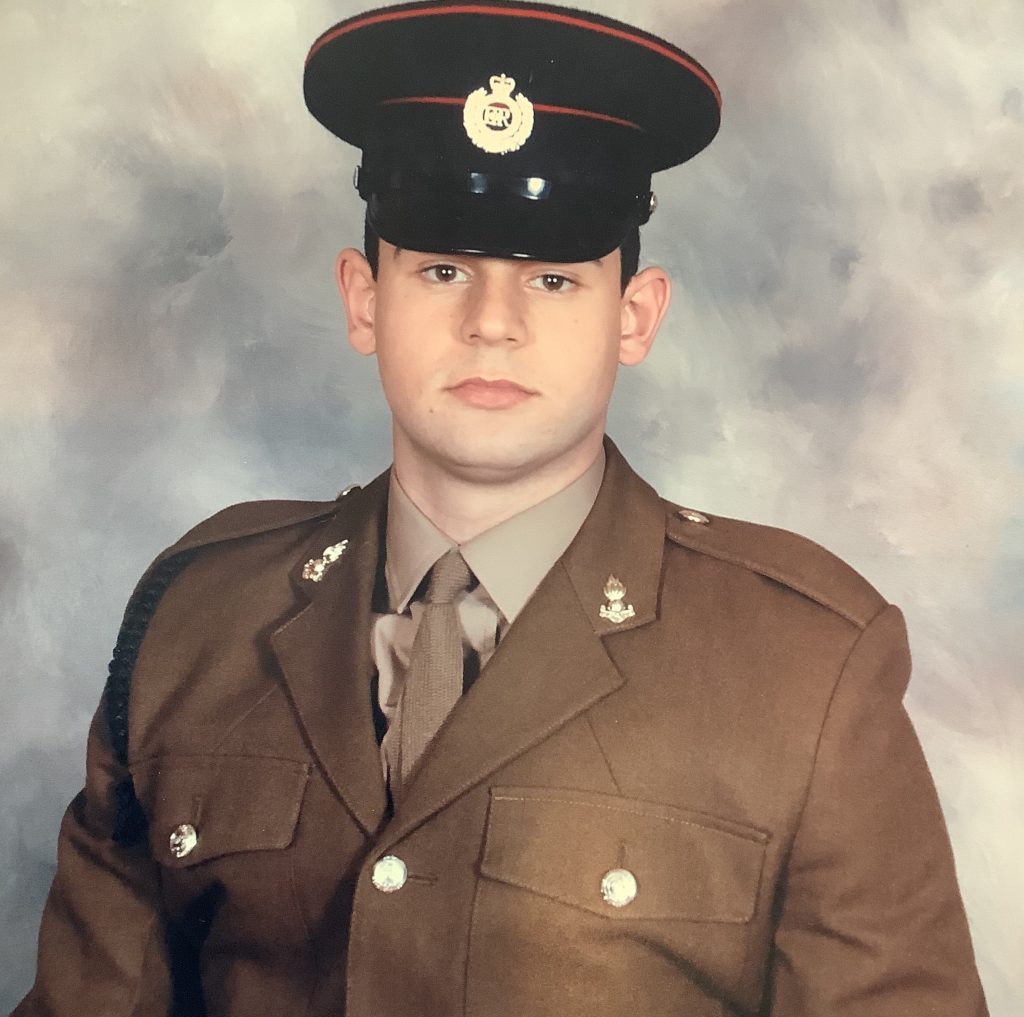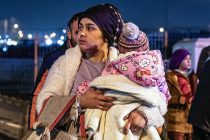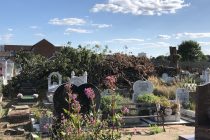Although the Cyprus Regiment in World War II has been the community’s major focus of Turkish Cypriots’ bravery and sacrifice for the United Kingdom, they have also fought in modern wars for Britain.
A Haringey British Turkish Cypriot, 21-year-old Royal Engineer Patrick Azimkar, was gunned down by the IRA at the Massereene Barracks in Antrim, Northern Ireland, on 7 March 2009.
Patrick had lived in Boundary Road, Turnpike Lane, backing onto his first school, Belmont Primary. He played for Edmonton County’s first football team when they reached the English Schools’ Final and then Gladstone Rangers, before trialling for Spurs.
Prime Minister Gordon Brown lent his personal motorcycle escort for Patrick’s funeral car, for which traffic stopped across London as it made its way to Guards’ Chapel, Birdcage Walk.
Several Haringey families have named their sons after Patrick, and the Royal Engineers lay a wreath for him in Wood Green every year on Remembrance Day.
Patrick’s mother Geraldine Ferguson Azimkar writes exclusively for T-VINE about her son and the importance of Remembrance Sunday.
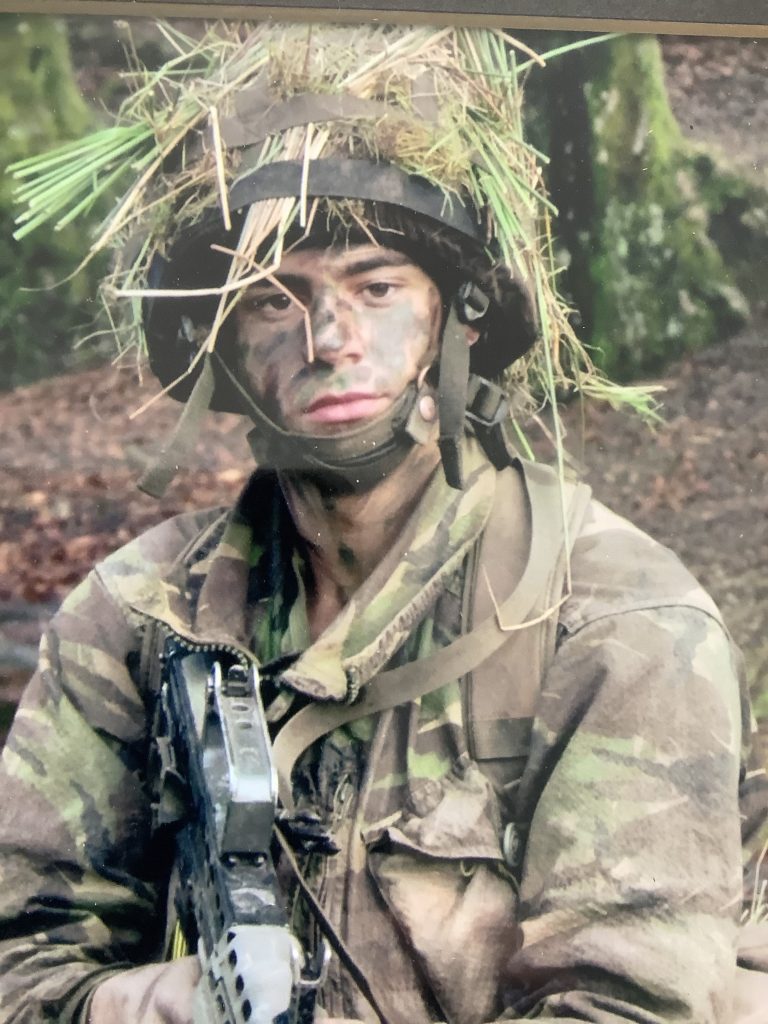
Cengiz Patrick Azimkar (he was known as Patrick in England and Cengiz in Cyprus) joined the Royal Engineers when he was 18-and-a-half. He had always been interested in his dad’s trade, carpentry and joinery, and he joined the Army because their trade training is second to none.
He excelled in his trade training and took great pride in his work. Patrick loved Army life, the physical and mental challenges, fantastic training opportunities and the great camaraderie with his fellow soldiers.
Tragically his time in the Army was to be short lived. Whilst based in Northern Ireland, and on the very day he was to be deployed to Afghanistan, he and a group of his friends were brutally ambushed by IRA terrorists. Patrick and his friend Mark were murdered in cold blood and six other innocent young men were left with life-threatening injuries. The soldiers were off-duty and unarmed. Patrick had just turned 21.
My husband Mehmet, our older son James and I were left profoundly shocked and overwhelmed with grief. It is not possible for me to put into words the effect that Patrick’s murder had on us, other than to say that our lives were shattered into tiny pieces and somehow these fragments of us had to be reassembled in any way we were able to do that.
I can honestly say that it took more than a decade and a lot of suffering before we could properly come back to ourselves and each other. To add insult to injury, for what outwardly appears to be for broadly political reasons, the murderers escaped justice and continue to live free lives, while we are left carrying the heavy burden of this injustice.
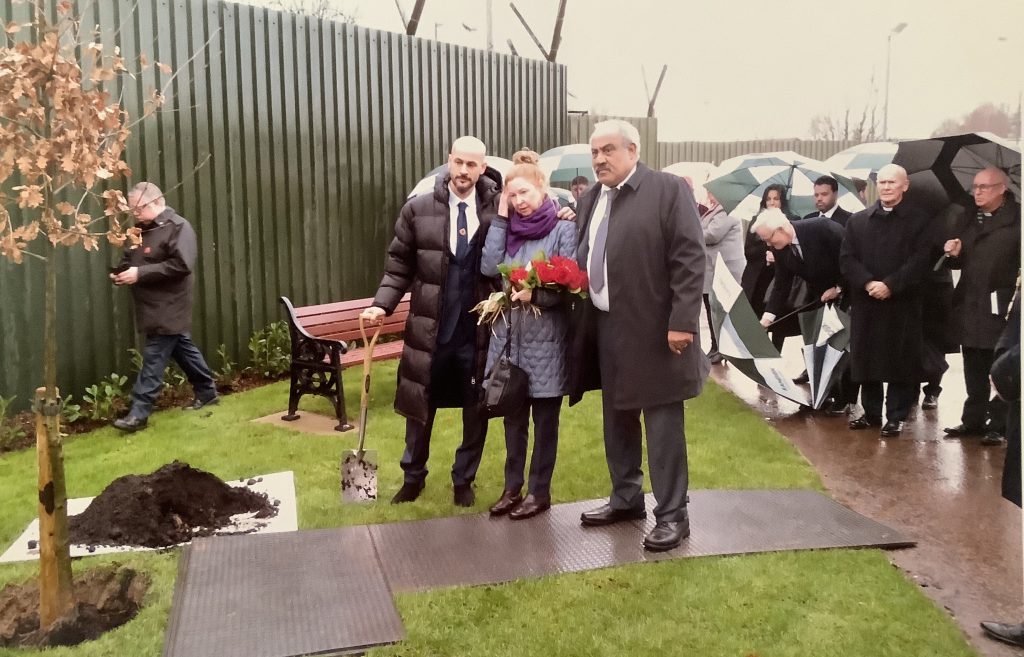
We remember our beloved Patrick every day; he will always be a part of our lives for as long as we live. He has many friends who also tell us that they will never forget him. Four of them have named their children after him, which Pat would love.
However, once a year on Remembrance Day (this year on November 12th), the whole country joins together in remembering the million-and-a-half mostly young men who lost their lives in World Wars I and II, in all the conflicts since then, and all those soldiers, like Patrick and Mark who died as a result of terrorism.
These young men put their lives on the line for their country and made the ultimate sacrifice, and therefore it’s essential that, as a whole country, a whole people, we honour their memory.
Remembrance Sunday is the day each year that this country sets apart to think about all those lost young lives. On that day we are not alone, but joined by millions of others who remember their grandfathers, uncles, brothers and loved ones. It is a day of great sadness for us and for the country, a coming together of many peoples to pay their respects for their sacrifice.
It is so important for our country and our communities to be determined never to forget those lost lives, their hopes and dreams, which could never be fulfilled, and that they gave their lives for the greater good.
Remembrance Day acknowledges all this publicly. It is the day when millions of people from all backgrounds go out onto the streets to be together and show their respects and honour the memories of all The Fallen.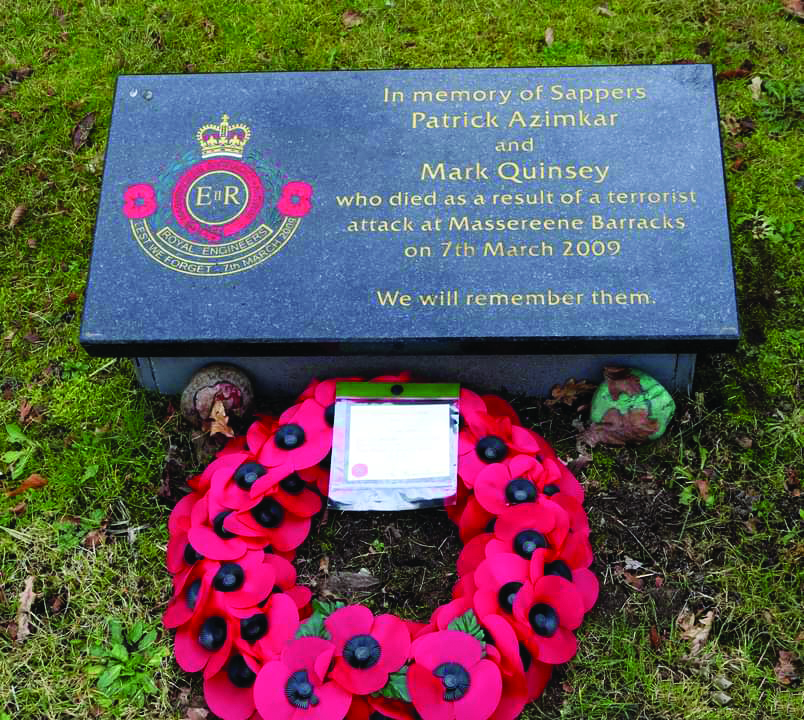
The formality, the ritual and honour of this special day, are vitally important to hang onto and to pass on to future generations to remind us all of the terrible cost of conflict and war.
Remembrance Sunday honours the memory of all those lovely young men and women who gave their lives and keeps in mind their loved ones, like us, who grieve, not once a year, but every day.
Remembrance Sunday is important also because it promotes positive values such as courage, duty, selflessness, compassion and forgiveness. These values help to enrich and civilise a society and a country and hopefully we will pass them on to future generations.
This article was penned by Geraldine Ferguson Azimkar, with an introduction by John Oakes.


